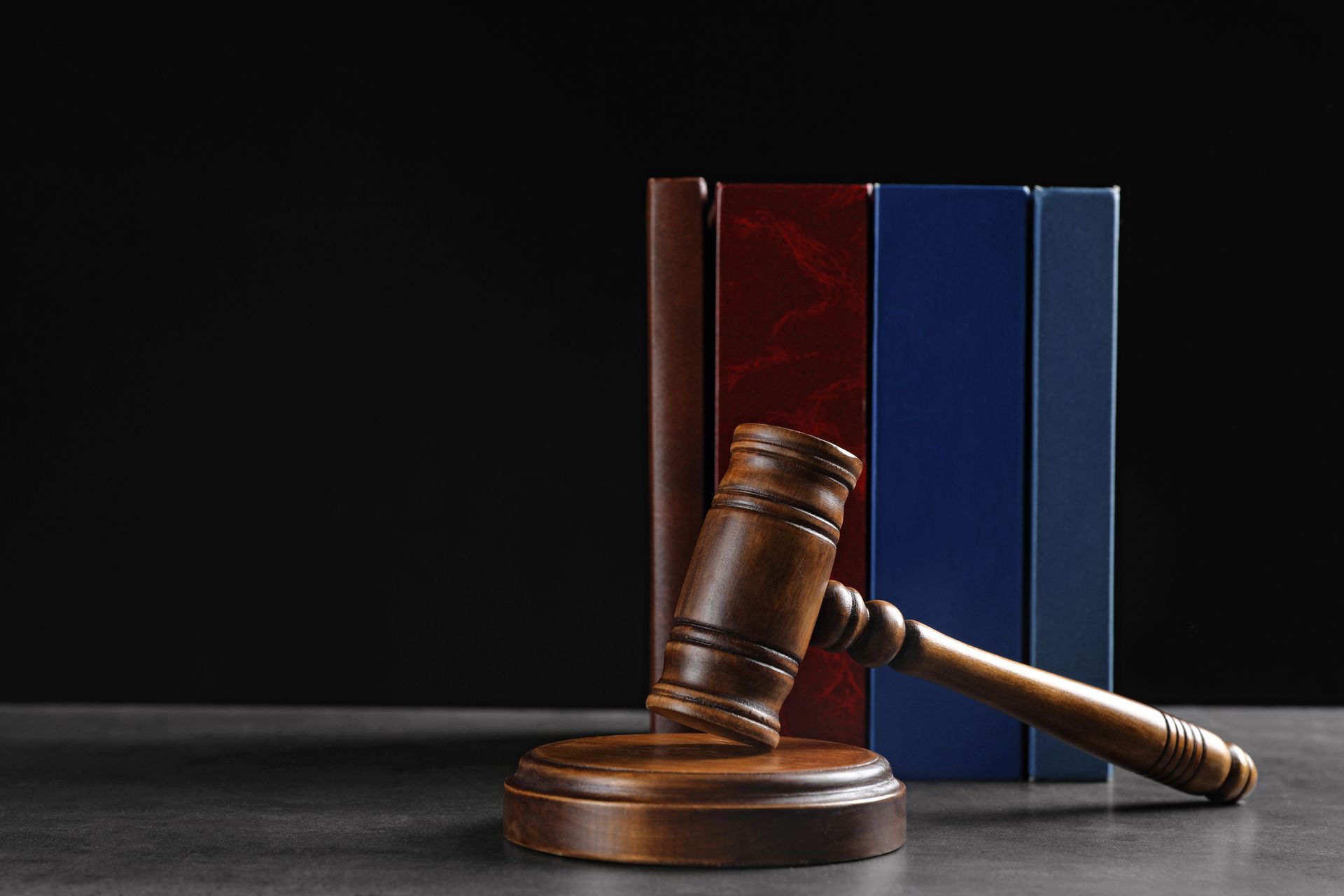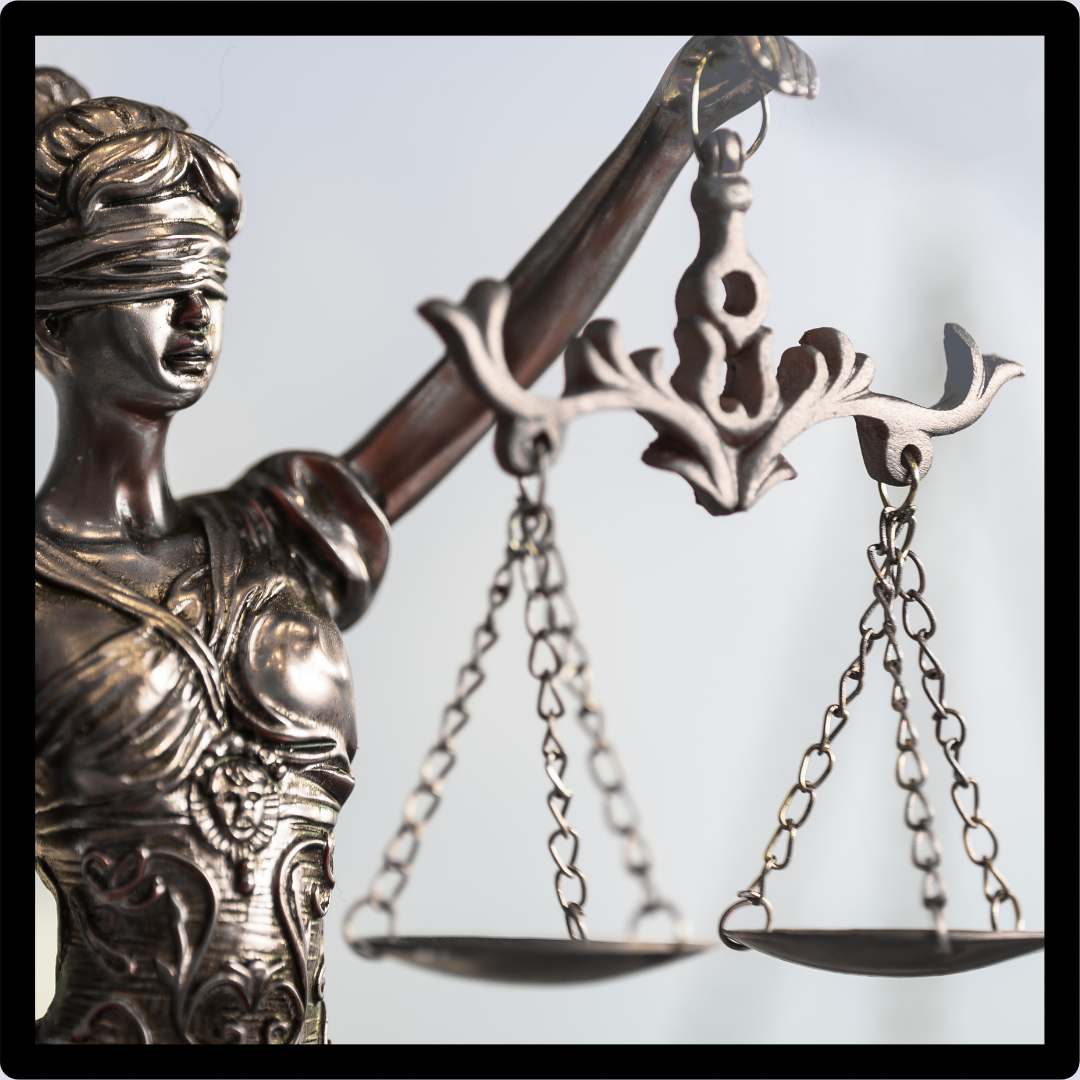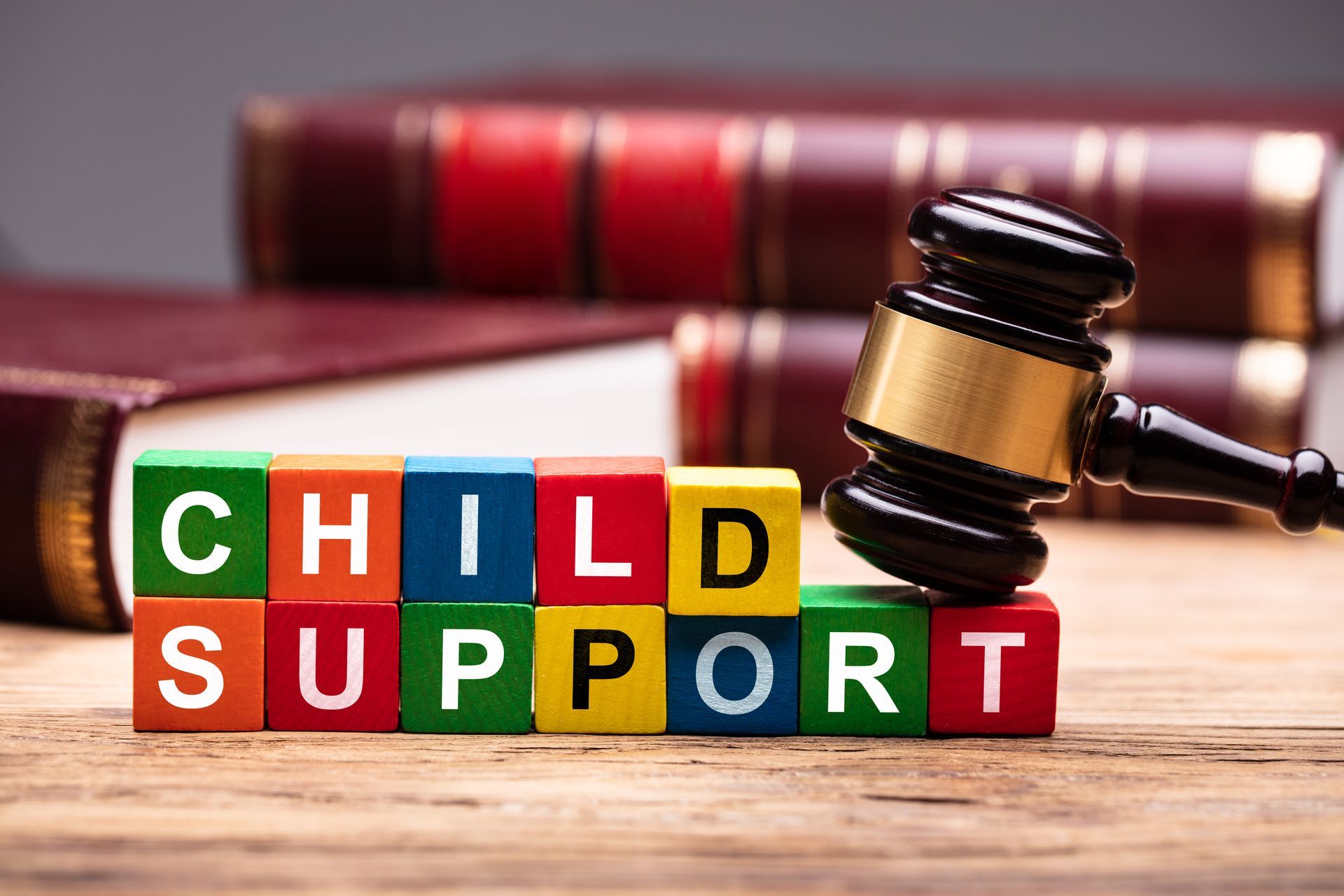How Social Media Posts Can Impact Your Divorce Case
In the age of social media, people are more connected than ever before. While the benefits of social media are many, it can also have unintended and negative consequences, especially when it comes to divorce cases. In this post, we will explore how your social media posts can impact your divorce case, how they can be used as evidence, what you should not post, and how to protect your privacy on social media.
Can Social Media Posts Become Evidence?
Yes, social media posts can become evidence in divorce cases. Social media posts are admissible as evidence in court, and they could potentially be used against you. Anything you post can be used against you, even if you delete it later. Even if you think your social media accounts are set to private, they may not be entirely protected from legal scrutiny.
How Can You Protect Your Privacy on Social Media?
There are several ways to protect your privacy on social media. First, review your privacy settings and make sure you understand them. Limit what you share, and make sure you do not reveal any sensitive information about yourself that could be used against you in court. Second, avoid accepting friend requests from people you do not know. Third, avoid posting about your divorce or anything related to it. Finally, if you think your social media accounts have been illegally accessed, consult an attorney.
What Should You Not Post When You Are Going Through A Divorce?
While it may be tempting to vent online about your divorce, we strongly advise against it. Do not post anything that can be construed as harassment, threats or stalking. Also, never post anything about your children that can be deemed as disparaging against their other parent. Avoid posting pictures of you drinking, using drugs, or engaging in other activities that may be viewed as irresponsible behavior. In general, if you have any doubts about posting something, it is best not to post it.
Leave Your Children Out Of It
Your children should not be involved in your divorce drama. More specifically, you should not post anything about your children online that could be construed as parental alienation or harming their relationship with their other parent. Nothing is more important than your children’s well-being, and they should not be exposed to any unnecessary negativity or contentiousness.
How Can An Attorney Help?
An attorney can help you navigate the sensitive terrain of social media and avoid conflicts with your ex-spouse and the court. With our legal expertise, we can give proper guidance and legal counseling to ensure that you do not harm your case by giving in to the impulses of social media. We can help you avoid common mistakes, and provide tailored advice based on your specific case.
In summary, social media can have unintended consequences in divorce cases. Social media posts can become evidence and could potentially have negative impacts on your case. If you are going through a divorce, it is vital to protect your privacy, avoid posting anything that could harm your case, and always put your children’s best interests first. At Jason Ward Law, we are committed to helping our clients with divorce and family law matters. We can assist you with all aspects of your case, including social media and privacy concerns. Contact us today for more information.











